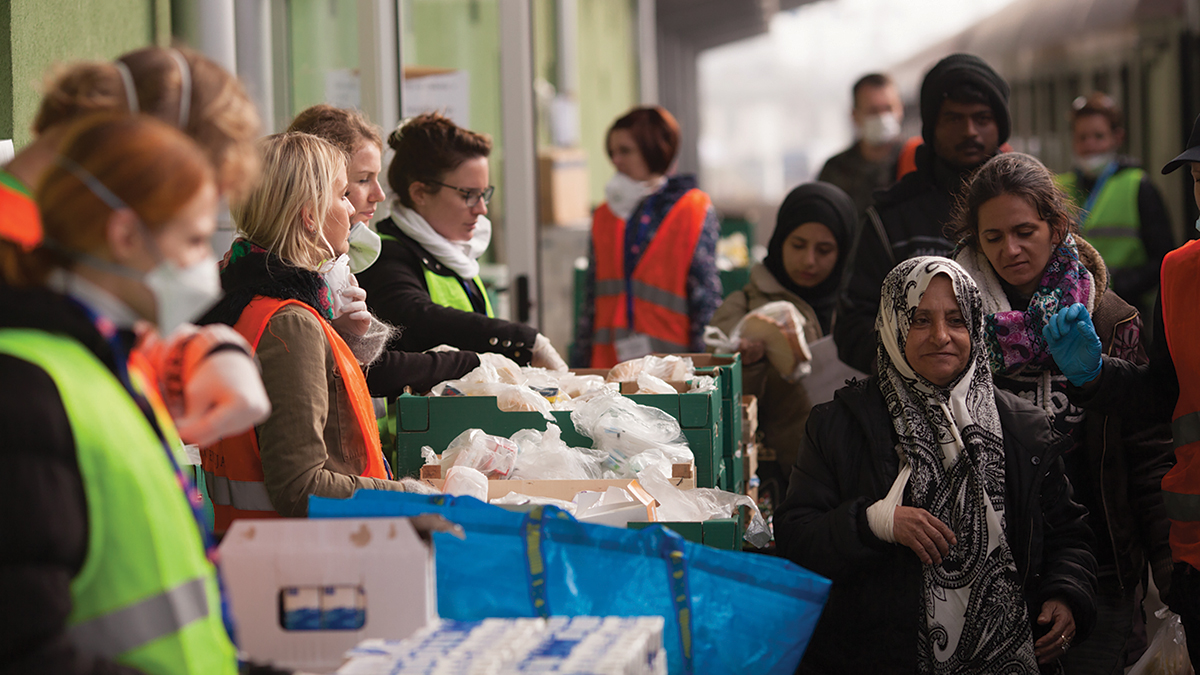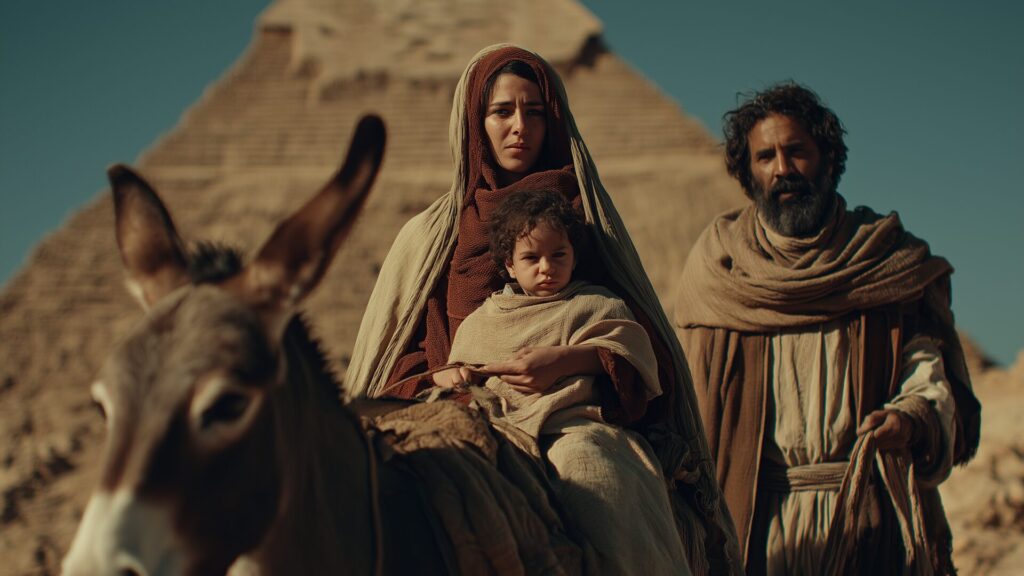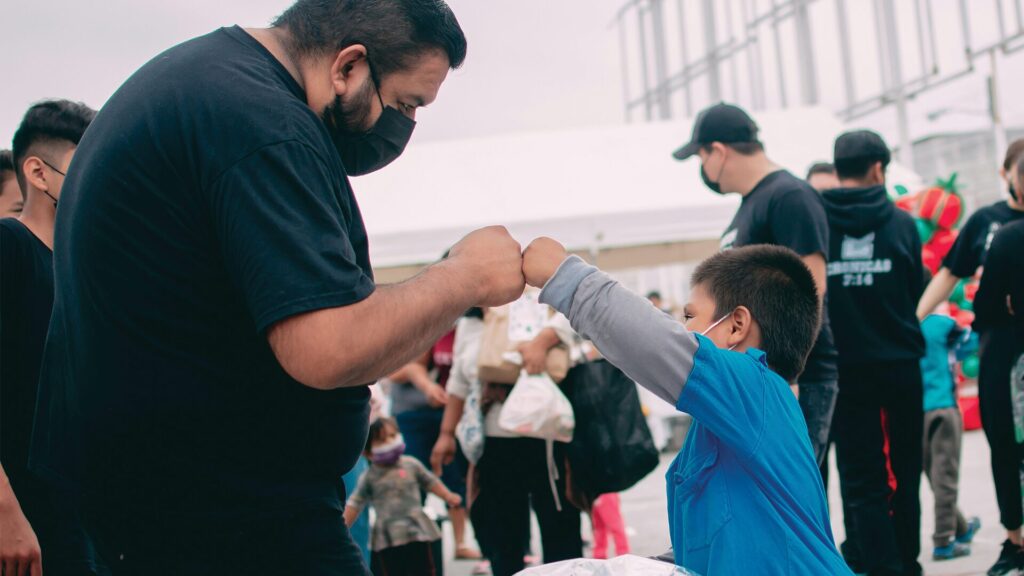Imagine if, when you woke up this morning, you heard that a passenger jet had crashed overnight. We would all have some interest: Where was the crash? Was it an act of terrorism, pilot error or mechanical failure?
What if the crash had occurred near your closest airport? Your interest would be heightened. Did you know anyone on board? Perhaps you had heard sirens or seen some smoke.
Now I want you to expand your imagination. Imagine if, when you woke up this morning, you heard big news—100 passenger jets had crashed, killing all on board. We would all be talking about it. There would be 24/7 coverage, comments from every expert and self-proclaimed expert available. Millions would be spent on investigations into what had happened.
Now imagine if you woke up the next day to news that another 100 passenger jets had crashed overnight. All air traffic would be grounded until a solution was found. Can you imagine the impact this would have on the world and how we do business?
Why is it then that the number of children who die each day from preventable diseases is equivalent to 100 passenger jets crashing, killing all on board, but we never hear anything about it? It does not make the news or enter our conversations.
I remember a tragic event from when I was studying at university in Adelaide (SA). A youth activity had been organised on Kangaroo Island and a series of small planes had been chartered to take us all there.
On Sunday evening, 10 minutes before the program was due to start, we received news that the last plane to take off had crashed, killing all on board: three young people from our youth group and the young pilot.
Why is it that the deaths of four young people can still have such a profound effect upon those of us who were there 40 years ago while the preventable deaths of more than 30,000 children every day doesn’t?
Why is our compassion for others directly related to whether they are close to us socially, emotionally, culturally, ethnically, economically and geographically?
What about God? Does He look at the suffering of a child in Cambodia or Malawi with a certain sense of emotional distance? Does He have different levels of compassion for children based on their geographical location, their nationality, their race or their parents’ income? Or does He forget their pain because He is preoccupied with other things? Does He turn the offending page to read the sports section? Or is His heart broken because each child is precious to Him?1
In Matthew 25 we see a well-known piece of Scripture where the sheep are separated from the goats. “Inasmuch as you have done it unto the least of these you have done it unto me. I was naked, hungry, thirsty . . .”
Well, you say, I am comfortable with those things. I am happy to help staff a soup kitchen or raise money for a well. But are we really happy to provide these things?
How do we remain silent in a world where:
- $US6 billion could provide basic education for all, yet Americans spend $US8 billion per year on cosmetics.
- $US11 billion could provide water and sanitation for all, yet Europeans spend $US11 billion per year on ice-cream.
- $US13 billion could provide basic health and nutrition to all, yet Americans and Europeans combined spend a total of $US18 billion on pet food.
If we truly believe Matthew 25, can we remain silent in a world of injustice, exploitation and greed? The issue is not a shortage of resources but the distribution of resources.
I am a strong believer in the power of prayer but too often we find it easier to pray that a poor friend’s needs may be met when God placed us here and provided us with the means to be the solution.
Now for the hard ones that Jesus mentioned in Matthew 25. I was “a prisoner”? Well, we ask, what was their crime? “A stranger”, a refugee? Well, if it’s safe for my family and they don’t take any jobs away from me.

In 2015, more than one million refugees crossed into Europe, sparking a crisis. How could the world deal with these unprecedented numbers?
ISIS terrorists—who had destroyed these people’s homes, robbed them, destroyed their businesses and killed many of their relatives—secretly inserted themselves into this mass migration, causing public suspicion of any and all refugees to heighten, especially as acts of terrorism such as the Paris bombings shocked the world.
So we see countries closing their borders to refugees. In a Bloomberg survey of the American public 53 per cent of respondents said they did not want any Syrian refugees in the United States. A further 28 per cent said they would only let Christian refugees in. That’s 81 per cent who, in some way, did not want to give refuge to people fleeing the Syrian conflict.
Where do we sit with this issue as Christians? Is our compassion limited to matters that move us or that we are passionate about? Is our compassion limited by our social boundaries, our own comfort zone or our own safety?
In 2 Kings 6:8-23 we read of how Syria’s plans to ambush and capture the king of Israel repeatedly failed. The Syrian king was told that the prophet Elisha was warning Israel. Apparently, Elisha even heard the private conversations within his chamber. So he sent his army to Dothan to capture Elisha. When the army attacked, Elisha prayed and God struck the army with blindness.
Elisha brought the blind, captured Syrian fighters to Israel’s capital, Samaria. Israel’s king asked if they should all be killed. Elisha said no, God had captured them, not humans. Elisha commanded that they should be shown God’s mercy—feed them and set them free. A good example of Christian compassion, right? Elisha didn’t just release them; he fed them a banquet then set them free. [pullquote]
In the very next verse we read that the Syrians returned and placed Samaria under a siege, creating a famine so devastating that women boiled their babies to eat them.
Was Elisha justified in his compassion even though it opened the door to greater evil later on?
In Matthew 5:43-45 we read:
“You have heard that it was said, ‘Love your neighbour and hate your enemy.’ But I tell you, love your enemies and pray for those who persecute you, that you may be children of your Father in heaven.”
We live in a world that is increasingly xenophobic. Brexit was about Britain for Brits. In my home country, Australia, during the elections last year, a woman was elected to Parliament on a platform of “No Muslims in Australia”. No mosques, no halal foods, no provision for what, in her terms, is un-Australian. We live in a society full of increasing hate speech. You only have to listen to some of the speeches made during the lead-up to the recent US elections.
In our society, the divide is increasing between the haves and have-nots; racial tensions are on the increase.
In the US, where I now live, mothers of children with certain skin types warn them to place their licences and insurance papers in an obvious and open place before they get into the car. This is so that if they’re pulled over by the police they will not have to reach into a glove box or coat pocket, which could be mistaken for an act of aggression and trigger a lethal response.
We live in a world full of brokenness. Responding to Matthew 25 is not just about going to places where you can have a good time or have a great story to tell on your return. There is a reason they are called “the least of these”—sometimes getting involved will drive us out of our comfort zone. Dealing with poverty and people on the margins of society can be confrontational, complicated and dirty.
What the world needs is people who are willing to speak love. People who, through their words and actions, will point people toward a loving Saviour who desires their good. A Saviour who offers hope and healing to their brokenness. A Saviour who desires peace and reconciliation for this broken world.
As a Church, are we willing to give voice to the social outcast? Are we willing to champion issues of justice even if they are unpopular? He said go but are we prepared to go regardless of where He asks us to go? Or is our compassion driven by social norms or concern for our own safety?
When we look at it clearly, Matthew 25 is not about who they are—it is about who we are.
Jonathan Duffy is president of ADRA International. This article is adapted from a presentation he first made at the North American Division’s missions conference in 2016.






